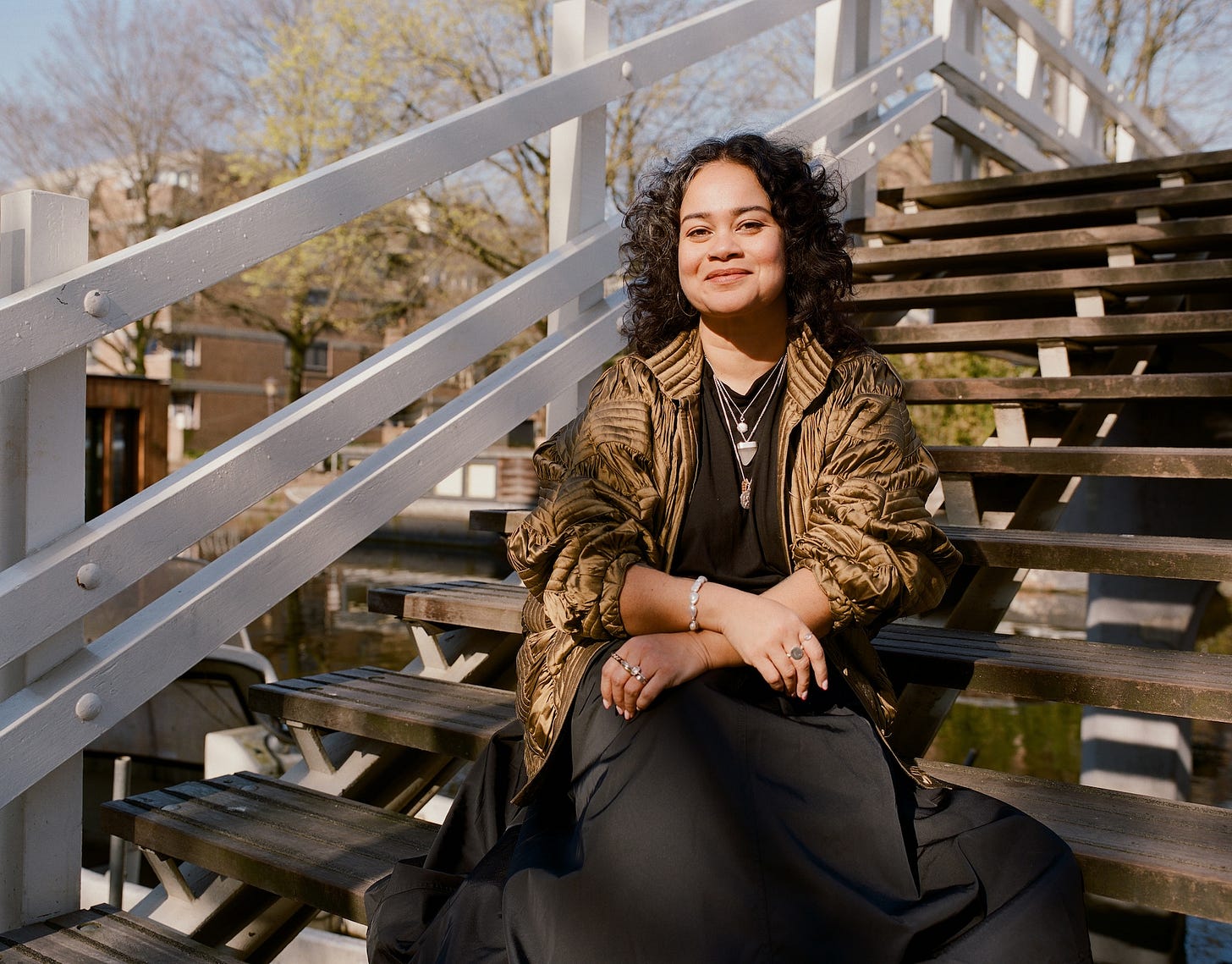Deepa Paul: “I wanted to belong, but the gap was too wide”
The author on beauty standards, being Indian enough and code-switching in life and love
Hi, welcome back to Mixed Messages! This week’s guest is author Deepa Paul, who is of mixed-Filipino and Indian heritage, now living in Amsterdam. Deepa’s memoir, Ask Me How It Works: Love In An Open Marriage, is released this week and is set to be the book on everyone’s lips, as she lays bare the reality of being in a polyamorous rel…




